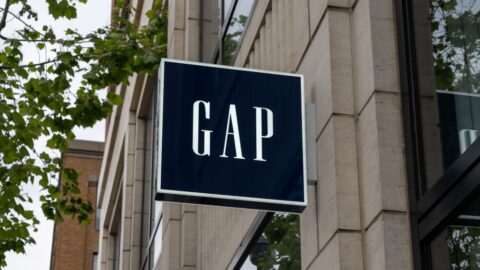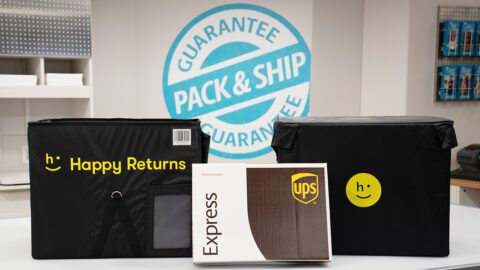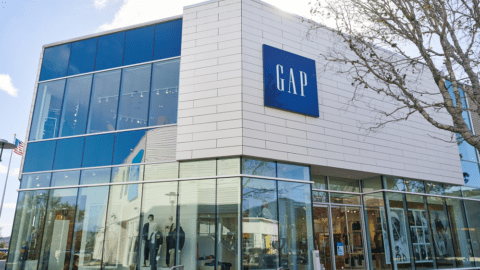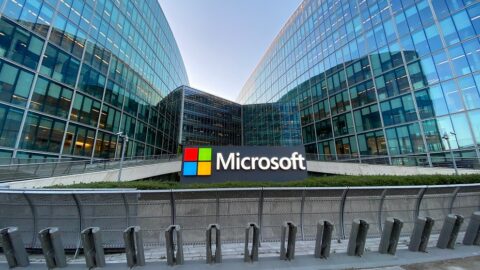Gap Inc. has expanded its partnership with Next plc as part of its return of the Banana Republic brand to the UK and Ireland. The partnership includes Next’s management of a Banana Republic-branded ecommerce shop and a presence within Next’s brick-and-mortar stores, according to WWD, and the joint venture will include the Athleta brand by 2023.
The Gap Inc.-Next partnership began in September 2021 when Gap closed all 81 of its UK and Ireland stores. By May 31, 2022, Gap Inc. had shuttered its UK Banana Republic ecommerce operations after closing the brand’s eight remaining stores in the region in 2016.
“We know that our customers recognize value for money delivered through innovation, quality and attention to detail,” said Jon Jeffery, Managing Director of Gap UK and Ireland in WWD. “To that end we will focus more on delivering great products, and less on promotions and discounts.”
Gap Inc. has been scaling down its global business in a number of markets. Earlier in November 2022, the company sold its Gap Greater China (GGC) business to Shanghai’s Baozun, an ecommerce solutions provider, in a $40 million all-cash transaction. The deal is slated to be completed by the first half of 2023.
Following a rough first half of 2022, which saw Q2 2022 net sales fall 8% year over year to $3.86 billion, Gap reported Q3 2022 net sales of $4.04 billion, an increase of 2% compared to the same period the previous year. Net sales for Banana Republic were $517 million, an increase of 8% over last year. Athleta reported $340 million in net sales, an increase of 6% compared to 2021.
“While our third quarter results underscore the initial progress we are making toward rebalancing our assortments and reducing inventories, we continue to take a prudent approach in light of the uncertain consumer and increasingly promotional environment as we look to the remainder of fiscal 2022,” said Katrina O’Connell, EVP and CFO at Gap Inc. in a statement. “In the near term, we remain focused on the actions necessary to reduce inventory, rebalance our assortments to better meet changing consumer needs, aggressively manage and reevaluate our investments, and fortify our balance sheet.”













